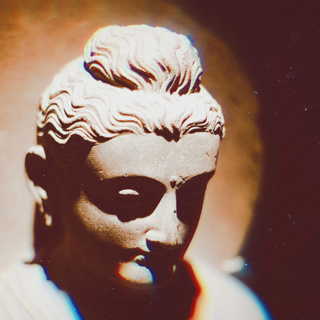
The Gay Science #10 (III.108-III.113)
Continuing with The Gay Science readthrough, and begin with book III. This book begins with the first passage to contain the saying, "God is dead", and Nietzsche then uses the metaphor of "the shadow of God" to refer to the falsification of our understanding of reality as a result of thousands of years of metaphysical error. These errors may in fact be essential for life itself, but Nietzsche's project is to find a way to philosophize that penetrates beyond them. This is, paradoxically, an experiment with the "will to truth", a more sincere valuation of truth-in-itself than has ever before been risked, and at the same time an attempt to entangle philosophy with art, deception, feeling, subjectivity & physiology.
25 Mars 1h 31min

Reaction to Jordan Peterson on Lex Fridman
This is a special episode before we get into The Gay Science walkthrough analysis, and it is something of an experiment. I know the video is not perfect, I would have formatted it a bit differently, plus the my audio is quieter than I wanted it to be. But, I may do more videos like this in the future and plan to up my game. In any case, I think the meat of the video, the critique, is pretty strong.
18 Mars 1h 10min
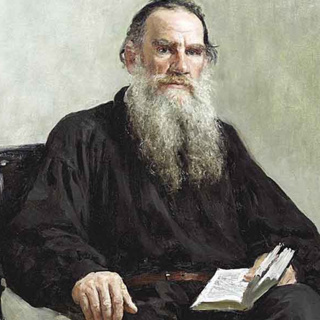
112: Leo Tolstoy - "What is Art?"
I released a song today! Go check it out on Invisible Oranges: https://www.invisibleoranges.com/slumbering-sun-together-forever/ The new single is also live anywhere that you stream music, including spotify, apple, etc. You can also visit our bandcamp to pre-order the album or purchase the single now: https://slumberingsun.bandcamp.com/album/starmonyThis episode is a discussion of my favorite essay by Tolstoy, the contents of which factored heavily into my book (The Ritual Madness of Rock & Roll) as one of my major influences on the topic of aesthetics. Tolstoy poses the problem of art, the reason why art must justify itself. Criticizing the existing conceptions of art's value, he puts forward his own theory as to art as communicative, then attacks what he considers to be the self-absorbed art of the upper class and the counterfeit art that has captured European culture. Eventually, Tolstoy comes to the conclusion that true art is aimed at the Christian vision of the unification of man. This is the conclusion of the second leg of season five.
11 Mars 1h 33min
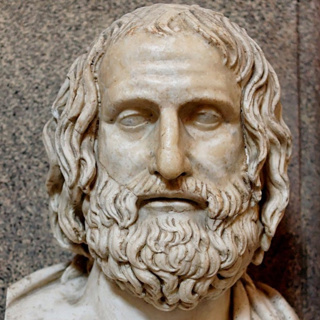
111: Protagoras, The Sophists & The Art of Rhetoric
In this episode, we consider some of the philosophically insightful sections of Nietzsche's lectures on rhetoric & the Sophists. In particular, we examine the figure of Protagoras, of whom we have little information, but who is credited with establishing the Sophists as a philosophical school focused on rhetoric. The latter half of the episode concerns the Platonic dialogue named for Protagoras, the "great speech" of Protagoras contained within, and the somewhat puzzling dispute between Protagoras and Socrates on whether or not virtue can be taught.
4 Mars 1h 14min

Nietzsche's Five Nos
Short form episode; audio version of a Youtube release. Additional content coming on Thursday!Creating a listicle of Nietzsche's ideas is always problematic, but thankfully Nietzsche occasionally provides us with one. In his notes, collected in Will to Power, Nietzsche records his "Five Nos": five ideas that he roundly rejects, and positions his philosophy as a struggle against. You will not find a more straightforward statement of Nietzsche's philosophy anywhere in his corpus. This passage remains fairly obscure, so join me in exploring this hidden gem that explains Nietzsche's philosophy in negative terms.
25 Feb 26min

Untimely Reflections #33: Craig (Acid Horizon) - Deleuze's Anti-Oedipus & Lynch's Eraserhead
A rhizomatic discussion. Craig tells us his history with philosophy, and his journey through the work of Jung, Hillman, Deleuze and others. We then discuss Anti-Oedipus and some of the core concepts, such as the Deleuzian reinterpretation of desire and the unconscious, and the body without organs. Then, as a tribute to the late, great David Lynch, we attempt a Deleuzian intepretation of Eraserhead, which of course is impossible, because both Deleuze and Lynch would agree that the interpretation of signs and symbols as a theater of the unconscious is always a misinterpretation; or, as Lynch puts it, the talking is all up there on the screen.Visit Acid Horizon: https://www.acidhorizonpodcast.com/Lepht Hand Podcast on Spotify: https://open.spotify.com/show/1E9kBe72ce15ZcqaPT8uBOCraig's Philosopher's Tarot Deck: https://www.penguinrandomhouseretail.com/book/?isbn=9781914420917
17 Feb 1h 32min
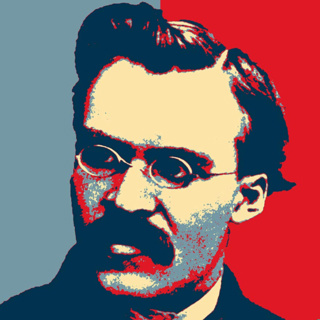
110: Nietzsche Contra Peterson - Yes, We Can Create Values
This episode is a polemic. While I have addressed Jordan Peterson's misunderstandings of the "God is dead" aphorism, or his bungling of Nietzsche's view of truth, here we address one of his most often repeated distortions of Nietzsche's philosophy. According to Jordan, Nietzsche said we can create our own values, but, in fact, this is impossible.I break down Jordan's misreading into four sections: 1) Jordan doesn't understand what Nietzsche means by "values"; 2) Jordan doesn't understand what Nietzsche means by "creating" values, 3) Jordan's problems with the "creation of values" fail, largely due to these misunderstandings, 4) Values do not need to be created by the Overman.
11 Feb 1h 16min
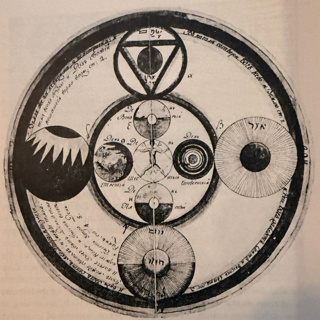
109: Carl Jung - Psychology & Alchemy, part 2
Today we continue with Psychology & Alchemy. This week, we'll spend the beginning of the episode considering the parallel between the lapis philosophorum and Christ, and the unusual claim of the alchemists that man can redeem God. The rest of the episode concerns Carl Jung's extended dream analysis of a single patient, which he found to be laden with alchemical imagery and symbolism. Episode art: The Anthropos with the Four Elements
4 Feb 1h 44min





















